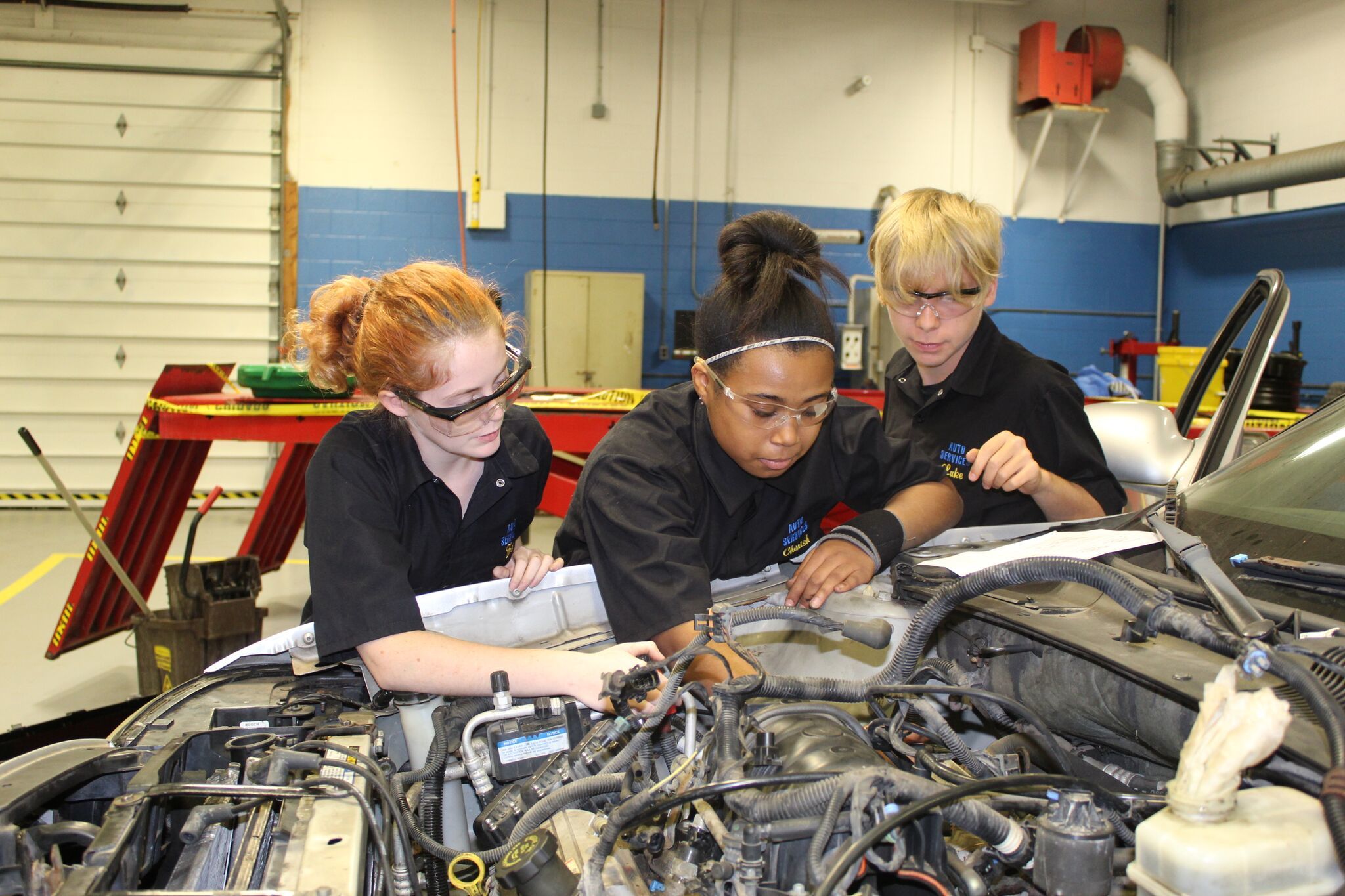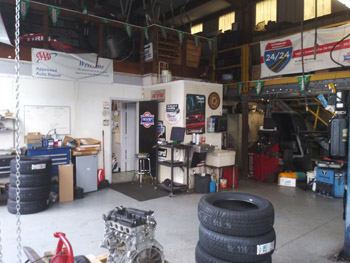All Categories
Featured
Your car's brakes are one of one of the most critical components in ensuring your safety and the security of others when traveling. Normal brake evaluations are crucial to keeping optimum braking efficiency and staying clear of costly repair services. Whether you're a seasoned automobile proprietor or a new chauffeur, comprehending brake inspection standards can assist you remain aggressive regarding upkeep and guarantee your automobile is constantly roadworthy.
- Why Brake Inspections Issue. Brakes go through continuous deterioration. The more you drive, the more rubbing your brake pads withstand, at some point causing minimized stopping performance. Without proper assessment, it's challenging to determine when your brakes could be in need of repair. Routine brake checks help identify issues early, avoiding prospective failures that might place you in jeopardy.
A well-kept brake system guarantees quick, receptive quiting power, specifically in emergencies. It likewise aids prolong the life of your vehicle, as overlooking brake upkeep can result in a lot more serious, expensive problems later.
- Signs You Need a Brake Inspection. While it's essential to have your brakes examined periodically, certain indications may indicate that they need focus. Keep an eye (and ear) out for these warning signals:
Squeaking or Grinding Sounds: Unusual sounds, specifically a piercing squeal or grinding noise, typically indicate that your brake pads are put on down. Resonance or Pulsation: If you really feel vibrations or a pulsing sensation when pushing the brake pedal, it might be an indication of warped blades or uneven brake pad wear. Decreased Brake Responsiveness: If your brakes feel less receptive or you need to press the pedal harder to reduce down, it might indicate air in the brake lines or reduced brake liquid. Drawing away: If your automobile pulls away when stopping, it might suggest irregular brake pad wear or a brake liquid leak. Control Panel Caution Lights: Some automobiles have brake-related caution lights that show concerns like reduced brake fluid or used brake components. If you discover any of these signs, it's crucial to have an expert mechanic do a brake inspection asap.

- What Takes place During a Brake Evaluation? During a brake assessment, a mechanic will certainly inspect several key parts of the stopping system to make certain every little thing remains in working order. Right here's what you can expect throughout the process:
Brake Pads and Shoes: The auto mechanic will inspect the thickness of the brake pads or footwear. If they're too slim, they'll need to be changed. Brake Rotors: Rotors are the discs that the brake pads press versus to slow your auto down. They'll be checked for any type of indicators of wear, racking up, or warping. Brake Fluid: Low or contaminated brake fluid can harm braking performance. The service technician will certainly examine the liquid level and top quality and leading it up or flush it if essential. Brake Lines and Hoses: Brake lines carry liquid from the master cyndrical tube to the brakes. The technician will check for any leakages, splits, or damage to make certain appropriate liquid flow. Brake Calipers and Wheel Cyndrical Tubes: Calipers and wheel cylinders push the brake pads against the blades or drums. The service technician will inspect for wear, leakages, and proper procedure. 4. How Commonly Should You Have Your Brakes Evaluated? The regularity of brake inspections depends on aspects like your driving practices, the kind of car you drive, and the environment in which you drive. As a general guideline, it's an excellent concept to have your brakes examined every 12,000 miles or yearly. If you experience any of the caution indicators pointed out earlier, it's essential to get your brakes examined right away.
For those who frequently drive in heavy traffic, hilly surface, or harsh weather, even more regular examinations might be needed.
- Relevance of Timely Brake Services. When you identify an issue with your brakes, it's vital to address it right now. Delaying brake repair work can cause even more considerable damage to your braking system, causing higher repair service prices. In severe cases, ignoring brake concerns can lead to complete brake failing, which is a significant safety threat.
By staying on top of brake upkeep and attending to concerns promptly, you ensure that your brakes remain to execute as intended, keeping you and your guests safe when traveling.
Verdict: Keep Your Brakes in Leading Shape. Brake evaluations are an easy yet essential component of lorry maintenance. By understanding the relevance of normal evaluations, recognizing the signs of brake issues, and staying positive with repair services, you can ensure your vehicle's braking system continues to be in optimal problem.
Latest Posts
Recognizing Roofing Warranties: What Homeowners Must Know
Enjoy the Flavors of Yesterday's Tavern
Discover Top Vision Solutions in Panama City, FL – Eye Center South Specialists
